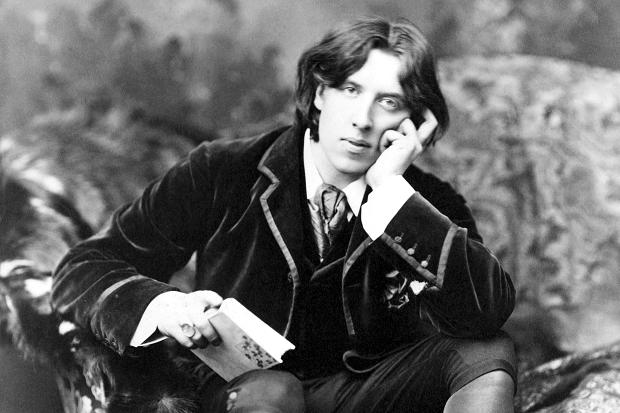This morning I was looking at a book by Ira Bruce Nadel called Biography: Fiction, Fact & Form, published in the mid-1980s, when a number of books about writing biography appeared, perhaps because Leon Edel, the influential biographer of William James, had published a book called The Poetics of Biography in 1977. I’ve only dipped into Nadel’s book but I like what I’ve read so far. Early on, he writes: “The need to understand the literary techniques and strategies of biography parallels its emergence today as perhaps the most popular, widely-read body of non-fiction writing.” His three epigraphs foreshadow his belief that biography is an art and should be more seriously studied as such:
“Facts related to the past, when they are collected without art, are compilations; and compilations no doubt may be useful; but they are no more History than butter, eggs, salt and herbs are an omelette.” —Lytton Strachey
“Nothing happens while you live. The scenery changes, people come in and go out, that’s all. There are no beginnings…But everything changes when you tell about life; it’s a change no one notices: the proof is that people talk about true stories. As if there could possible be true stories; things happen one way and we tell about them in the opposite sense.” —Jean-Paul Sartre
“The biographer, after all, is as much of a storyteller as the novelist or historian.” —Leon Edel
The art of biography lies in the interpretation of the facts discovered, Nadel says, and also in the choice of form and language. “No biographer merely records a life,” he writes. “Every biographer, no matter how objective he declares himself, interprets a life.” And as soon as a writer “becomes conscious of language, conscious of how it alters what he describes from a factual representation to an independent verbal object, he transforms his craft into an art.”
When I teach profile writing, I always tell my students that the profile they write is not the one true story to be told about their subject but rather a description of an encounter. Preparation and interpretation are part of what results, but so are the writer’s interests and knowledge, facility with words and mastery of tone and metaphor. There’s even a huge dose of randomness: we learn one fact but not another, we interview our subject on a day she’s feeling well or ill, a friend will talk to us but not a family member. In the end, we make the best sense we can of what we have.
As Nadel says, narrative is central to how we write about others, and narrative has “properties other than that of recording events.” There is voice in narrative and point of view, a sense, however muted, of the narrator’s perspective, personality and understanding. The corrective to this (if one is needed) should be a more explicit laying out of bias and approach rather than the faux-objective voice and stance so many profile writers and biographers adopt.
“Those who accept language as a transparent medium of representation and believe that if they only use the right word for describing an event the meaning will be clear, illustrate an inadequate sense of the creative nature of language and its role in biography,” Nadel writes. “Such empiricists, who place their faith in language for conveying fact, write biographies of maximum detail and minimal interpretation, believing the latter to be the function of some other form of composition. But the principal interest in biography, the reason for its popularity with authors as well as readers, remains its ability to provide meaning for an individual’s life, transmitting personality and character through prose.”
In other words, we want the omelette. And to get it, we need writers who know how to cook.
